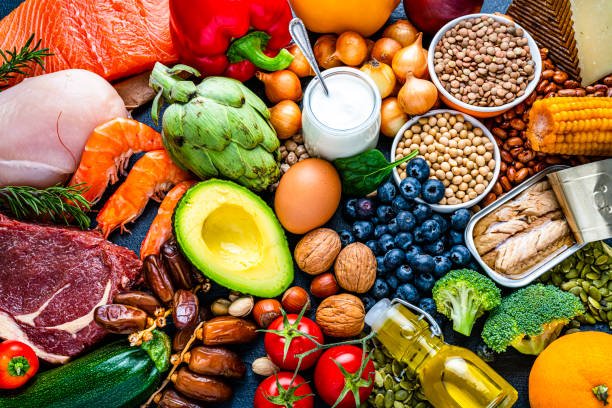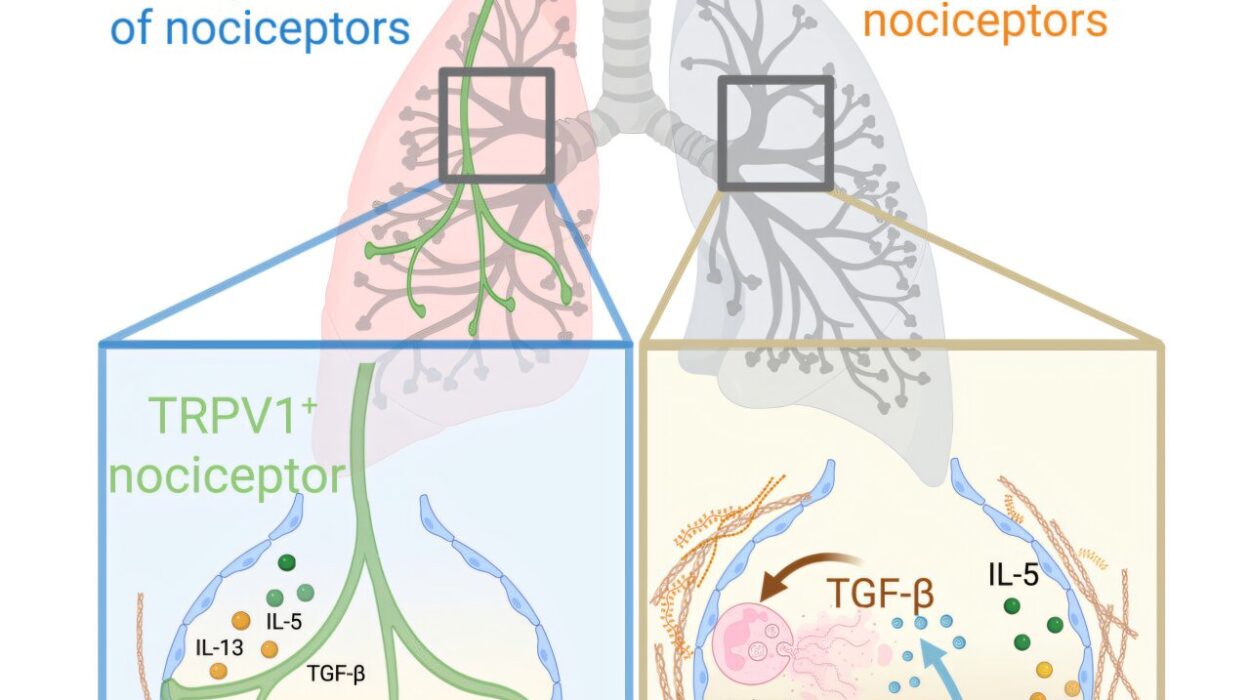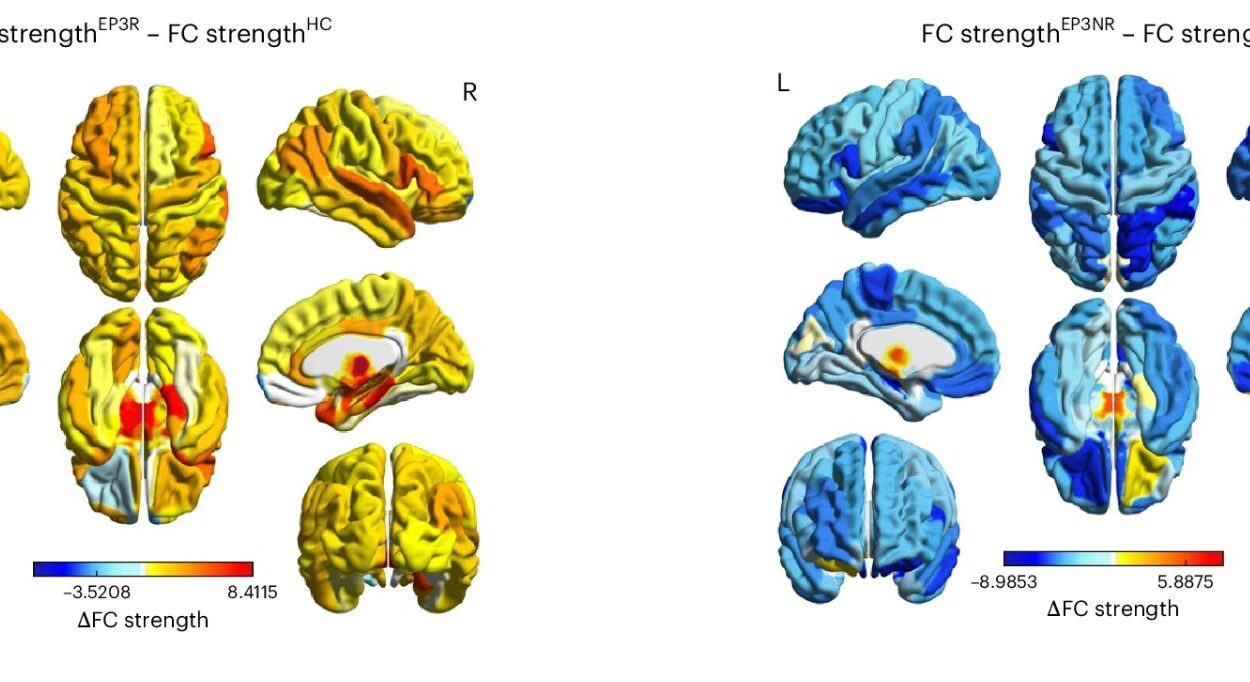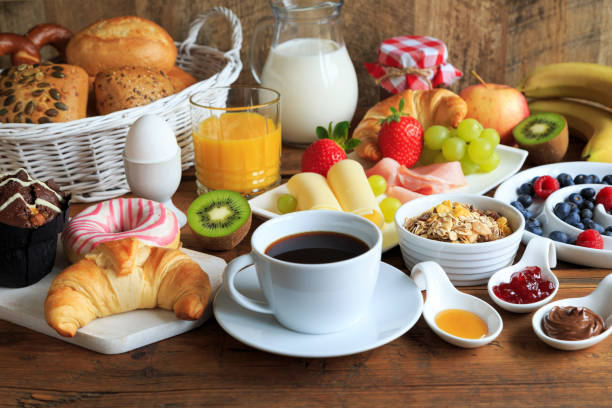When we think about nutrition, most of us focus on waistlines, muscles, or maybe heart health. But the organ that arguably needs the most attention—your brain—is often forgotten. That’s a big mistake. The human brain is an energy-hungry, complex powerhouse that runs 24/7, even while you sleep. It needs the right kind of fuel to function at its best.
You might not realize it, but your brain is what you eat. The quality of your thoughts, your mood, your memory, and even your risk of neurological diseases are deeply connected to your diet. The foods you eat can either nourish your brain like a well-tuned symphony or bog it down like static on a radio.
So, what are the best foods for brain health? What does science say about which nutrients support cognition, fight mental fatigue, and keep your mind sharp as you age? Let’s dive into the vibrant world of brain-boosting foods.
Why Food Affects Brain Function
The brain is only about 2% of your body weight but uses about 20% of your daily energy. That’s like a car engine that never turns off—it constantly demands fuel. Every thought, every movement, every emotional reaction is powered by neurotransmitters and neurons firing in complex patterns, all of which rely on specific nutrients to function smoothly.
Nutrients like omega-3 fatty acids, antioxidants, B vitamins, amino acids, and minerals play key roles in the maintenance of neurotransmitter levels, myelin sheath protection, and cellular repair. Without the right nutrients, the brain suffers—mood declines, memory weakens, and cognitive decline accelerates.
On the other hand, feeding your brain the right foods can improve focus, creativity, learning, and even emotional resilience.
Fatty Fish: Omega-3’s Superstars
When it comes to brain food, fatty fish like salmon, sardines, trout, mackerel, and herring top every list—and for good reason. These oily fish are loaded with omega-3 fatty acids, particularly EPA and DHA, which are essential for building brain and nerve cells.
DHA makes up a huge portion of the brain’s fat content and is critical for maintaining the structure and function of neurons. EPA has potent anti-inflammatory effects that protect the brain from degeneration.
Research shows that people who consume fish regularly have larger brain volumes, better memory, and a reduced risk of dementia. Omega-3s also play a role in regulating mood, and deficiencies have been linked to depression and anxiety.
So, if you want to think clearer and feel better, fatty fish should swim onto your plate at least twice a week.
Blueberries: Little Berries with Big Benefits
Blueberries are often dubbed “brain berries,” and they’ve earned the nickname. These tiny blue gems are packed with antioxidants, particularly a type called anthocyanins. These compounds cross the blood-brain barrier and accumulate in areas of the brain involved in memory and learning.
Studies have found that blueberries improve memory, delay brain aging, and enhance communication between brain cells. One clinical study even showed that older adults who drank blueberry juice daily for 12 weeks experienced significant improvements in cognitive performance.
Their antioxidant power also helps reduce oxidative stress and neuroinflammation, two major culprits in brain aging and neurodegenerative diseases like Alzheimer’s.
Add a handful to your breakfast cereal, yogurt, or smoothies, and you’re giving your brain a sweet advantage.
Leafy Greens: The Brain’s Salad Bar
Your parents were right: you should eat your greens. Leafy vegetables like spinach, kale, collard greens, and Swiss chard are incredibly rich in brain-protective nutrients.
They are a top source of vitamin K, which helps build sphingolipids, a type of fat densely packed into brain cells. Leafy greens are also high in folate, lutein, beta carotene, and nitrates, all of which support cognitive function.
A long-term study from Rush University found that people who ate at least one serving of leafy greens a day had brains that functioned as if they were 11 years younger than those who didn’t.
Green vegetables may not be glamorous, but they’re like a protective shield for your brain. And let’s be honest, with the right recipe, even kale can be delicious.
Eggs: Breakfast for Your Brain
Eggs are more than just a convenient source of protein—they’re brain gold. Eggs are rich in choline, a nutrient critical for the production of acetylcholine, a neurotransmitter involved in memory and mood regulation.
Choline deficiency has been linked to cognitive decline, and getting enough of it can improve cognitive performance and reduce brain inflammation.
Eggs also deliver B vitamins like B6, B12, and folate, which help lower homocysteine, an amino acid associated with brain shrinkage and cognitive decline when elevated.
Whether you like them scrambled, poached, boiled, or sunny-side up, eggs are a versatile brain booster you shouldn’t overlook.
Turmeric: The Golden Spice of Mental Clarity
Turmeric is more than a cooking spice—it’s brain medicine. Its active ingredient, curcumin, has powerful anti-inflammatory and antioxidant properties. More importantly, curcumin can cross the blood-brain barrier and directly influence brain cells.
Research shows curcumin increases levels of brain-derived neurotrophic factor (BDNF), a growth hormone that boosts the survival of neurons and promotes the growth of new brain cells. Low levels of BDNF are associated with depression and Alzheimer’s disease.
Some studies have even found that curcumin supplementation can improve attention and memory in healthy adults and reduce symptoms of major depression.
Add turmeric to soups, stews, curries, or golden milk lattes, and you’ll be adding a brain-boosting zing to your diet.
Nuts and Seeds: Tiny Packages of Brain Power
Nuts and seeds are like nutritional multivitamins wrapped in crunchy shells. They’re rich in vitamin E, a powerful antioxidant that helps prevent cognitive decline by protecting neurons from oxidative stress.
Among all nuts, walnuts are especially potent brain foods. They’re rich in ALA (alpha-linolenic acid), a plant-based omega-3 fatty acid. Studies have shown that walnut consumption is associated with better memory, faster processing speed, and even higher IQ scores.
Pumpkin seeds are another brain superfood. They’re full of zinc, magnesium, copper, and iron, all of which play crucial roles in nerve signaling and brain function.
Whether it’s almonds, sunflower seeds, pistachios, or flaxseeds, snacking on nuts and seeds supports both short-term mental performance and long-term brain health.
Dark Chocolate: Sweet News for Your Mind
Good news, chocolate lovers: real, dark chocolate is brain food—if you choose wisely. Cocoa is rich in flavonoids, caffeine, and theobromine, all compounds that enhance brain function.
Flavonoids in particular are known to improve blood flow to the brain, reduce inflammation, and stimulate neurogenesis—the birth of new neurons.
Studies have shown that consuming dark chocolate or cocoa powder can lead to improved attention, reaction time, and verbal fluency. Regular consumption has also been linked to a lower risk of cognitive decline.
Choose dark chocolate with at least 70% cocoa content, and avoid sugary candy bars. A square or two a day can be both indulgent and intelligent.
Whole Grains: Fueling the Brain Steadily
Your brain runs on glucose, and complex carbohydrates found in whole grains provide a slow and steady release of this essential fuel. Unlike refined sugars that cause crashes, whole grains offer sustained energy, keeping you focused and alert throughout the day.
Oats, quinoa, brown rice, barley, bulgur, and whole wheat are all excellent choices. They also contain B vitamins, which help regulate neurotransmitters and support brain function.
Breakfasts with whole grains—like oatmeal or whole-grain toast—set the stage for better concentration and memory all day long.
Avocados: Creamy Brain Boosters
Avocados are rich in monounsaturated fats, the same heart-healthy fats found in olive oil. These fats improve blood flow, including to the brain, and support the integrity of brain cell membranes.
Avocados also contain vitamin K and folate, both important for preventing blood clots in the brain and supporting cognitive function.
Their creamy texture makes them a perfect brain-loving addition to toast, salads, smoothies, or just eaten straight from the shell with a spoon.
Broccoli and Cruciferous Vegetables
Broccoli is a brain-loving vegetable powerhouse. It’s high in vitamin K, sulforaphane, and glucosinolates, which have antioxidant and anti-inflammatory effects on the brain.
Sulforaphane has been shown in studies to have neuroprotective properties, possibly helping prevent conditions like Alzheimer’s disease. It also helps the brain detoxify and renew damaged cells.
Cruciferous cousins like cauliflower, Brussels sprouts, and bok choy offer similar benefits and should make regular appearances in your meals.
Coffee and Green Tea: Liquid Alertness
Caffeine, in moderation, is one of the most effective brain-enhancing substances known. Coffee and green tea are not only great for mental alertness, but also for long-term brain health.
Coffee’s caffeine content improves mood, reaction time, attention, and learning. It also increases levels of dopamine, a neurotransmitter associated with pleasure and motivation.
Green tea offers a gentler dose of caffeine and includes L-theanine, an amino acid that promotes calmness and focus. The combination enhances mental clarity without the jitters of coffee.
Both drinks are also high in antioxidants and have been associated with reduced risks of Alzheimer’s and Parkinson’s diseases.
Fermented Foods and Probiotics
The gut and brain are intimately connected through the gut-brain axis, and what happens in your digestive system can significantly affect your mental state. A healthy gut microbiome influences the production of neurotransmitters like serotonin, most of which is made in the gut.
Fermented foods like yogurt, kefir, kimchi, sauerkraut, and miso promote the growth of beneficial bacteria that support mental health and may reduce symptoms of anxiety and depression.
Including these foods regularly can enhance both your mood and your cognitive function—proving that feeding your gut also feeds your brain.
Berries Beyond Blueberries: A Rainbow of Brain Boosters
While blueberries are the superstars, they’re not the only berries that benefit the brain. Strawberries, blackberries, raspberries, and goji berries also deliver a rich dose of polyphenols and flavonoids—plant compounds that act like natural protectors for your neurons.
These compounds help reduce oxidative stress, which contributes to aging and mental decline. Studies show that regular berry consumption improves verbal memory, executive function, and motor coordination, particularly in older adults.
Incorporating a variety of berries into your diet offers a wide spectrum of antioxidants. Whether tossed into smoothies, sprinkled on cereal, or eaten by the handful, they’re colorful allies for a sharper mind.
Beets: Brain Circulation Enhancers
Beets may not be everyone’s favorite, but they’re an underrated brain food. They are rich in nitrates, which convert into nitric oxide in the body—a molecule that relaxes and dilates blood vessels, improving blood flow to the brain.
Enhanced circulation means more oxygen and nutrients reach brain cells, which can boost mental performance and reaction time. Some studies have shown that drinking beet juice improves cognitive function in older adults and increases brain activity in the frontal lobes—areas associated with decision making and memory.
Try roasted beets, beet juice, or even beet chips to add this crimson brain booster to your diet.
Citrus Fruits: Vitamin C for Mental Vitality
Oranges, lemons, limes, and grapefruits do more than boost your immune system—they’re packed with vitamin C, a crucial antioxidant for brain health. Vitamin C helps prevent oxidative stress, supports neurotransmitter production, and protects against age-related cognitive decline.
One large study found that people with higher blood levels of vitamin C had better memory and attention. Since the brain uses a lot of vitamin C during stress and illness, replenishing it daily is essential.
Enjoy citrus fruits as snacks, in salads, or as fresh juice—just watch out for added sugars.
Tomatoes: Lycopene for Cognitive Defense
Tomatoes are rich in lycopene, a powerful antioxidant known for its neuroprotective properties. Lycopene may help prevent damage to brain cells and is being studied for its potential to reduce the risk of dementia and Alzheimer’s disease.
Tomatoes also contain beta-carotene and vitamin E, which work in synergy to protect brain tissue.
Cooked tomatoes—like those in pasta sauce or soup—release more lycopene than raw, so don’t shy away from simmered tomato dishes.
Beans and Legumes: Protein and Fiber for the Mind
Beans are humble heroes when it comes to brain health. Lentils, chickpeas, black beans, and kidney beans provide complex carbohydrates, protein, fiber, and essential B vitamins.
These nutrients work together to stabilize blood sugar, fuel your brain steadily, and promote healthy neurotransmitter production.
Folate, in particular, is critical for cognitive development and repair. A deficiency can lead to mental fatigue, irritability, and memory lapses. Adding beans to soups, salads, and wraps offers long-lasting mental stamina.
Water: The Most Overlooked Brain Nutrient
It may not be food, but hydration is essential for brain health. Your brain is around 75% water, and even mild dehydration can lead to brain fog, poor concentration, and headaches.
Water supports nutrient transport, waste elimination, and neurotransmitter function. When you’re hydrated, your brain operates faster and more efficiently.
Drinking 6–8 glasses a day—or more if you’re active—keeps your brain firing on all cylinders. And yes, herbal teas and water-rich fruits like watermelon and cucumber count too.
Alcohol and Brain Health: Proceed with Caution
While a glass of red wine may contain resveratrol, a polyphenol that has shown some promise in boosting memory and mood, alcohol is generally not a friend to your brain.
Excessive alcohol consumption impairs neuroplasticity, shrinks brain volume, and disrupts neurotransmitter balance. Chronic use can lead to serious cognitive impairment.
If you drink, moderation is key—no more than one drink per day for women and two for men. Better yet, get your antioxidants from grapes, berries, and other whole fruits.
The Brain-Boosting Diets: Mediterranean and MIND
Rather than focusing on individual foods, consider broader dietary patterns that emphasize brain-friendly choices. The Mediterranean diet, rich in vegetables, fruits, whole grains, fish, and healthy fats, has long been associated with a reduced risk of cognitive decline.
Building on this, researchers developed the MIND diet (Mediterranean-DASH Intervention for Neurodegenerative Delay), which specifically targets brain health. Studies show that people who adhere closely to the MIND diet have a 53% reduced risk of developing Alzheimer’s disease.
The MIND diet encourages:
- Daily intake of green leafy vegetables
- At least two servings of berries per week
- Frequent consumption of nuts, legumes, and whole grains
- Regular fish and poultry
- Limited intake of red meats, butter, cheese, pastries, and fried food
Adopting one of these dietary patterns isn’t just good for your waistline—it’s a long-term investment in your mental vitality.
Lifestyle Factors that Support Brain Nutrition
Even the best diet won’t operate in a vacuum. To maximize the benefits of brain-boosting foods, pair them with brain-friendly habits:
- Sleep well: During sleep, your brain consolidates memories and clears waste.
- Exercise regularly: Physical activity improves blood flow to the brain and stimulates BDNF.
- Challenge your brain: Learning new skills keeps neurons active and adaptable.
- Socialize: Meaningful interactions reduce the risk of cognitive decline.
- Manage stress: Chronic stress disrupts memory and brain plasticity.
Nutrition is a powerful piece of the puzzle—but it’s most effective when integrated into a well-rounded lifestyle.
Brain Foods for Every Age
Your brain’s needs change as you age, but the foundation remains the same—nutrient-dense, antioxidant-rich, and anti-inflammatory foods.
- For children and teens, focus on foods rich in DHA, iron, and choline for brain development and learning.
- For adults, aim to balance energy with brain protection—omega-3s, B vitamins, and antioxidants are key.
- For seniors, memory and neuroprotection take center stage. Emphasize leafy greens, berries, and foods that enhance blood flow and fight inflammation.
Food can’t cure every neurological condition, but it can stack the odds in your favor for a longer, sharper, and happier brain life.
Final Thoughts: Eat Smart, Think Sharper
Your brain is a hungry organ that never stops working—and it deserves the best fuel. The foods you choose every day shape how clearly you think, how resilient you feel, and how well you age.
Eating for brain health doesn’t require extreme diets or hard-to-find ingredients. It means stocking your meals with:
- Fatty fish and omega-3s
- Antioxidant-rich fruits and vegetables
- Whole grains and fiber
- Nuts, seeds, and healthy fats
- Fermented foods and plenty of water
By making thoughtful choices at the table, you’re not just feeding your body—you’re building a better brain. So go ahead—have that avocado toast, snack on walnuts, sip green tea, and load your plate with vibrant veggies. Your mind will thank you, both today and decades from now.
Eat smart. Think sharper. Live better.






